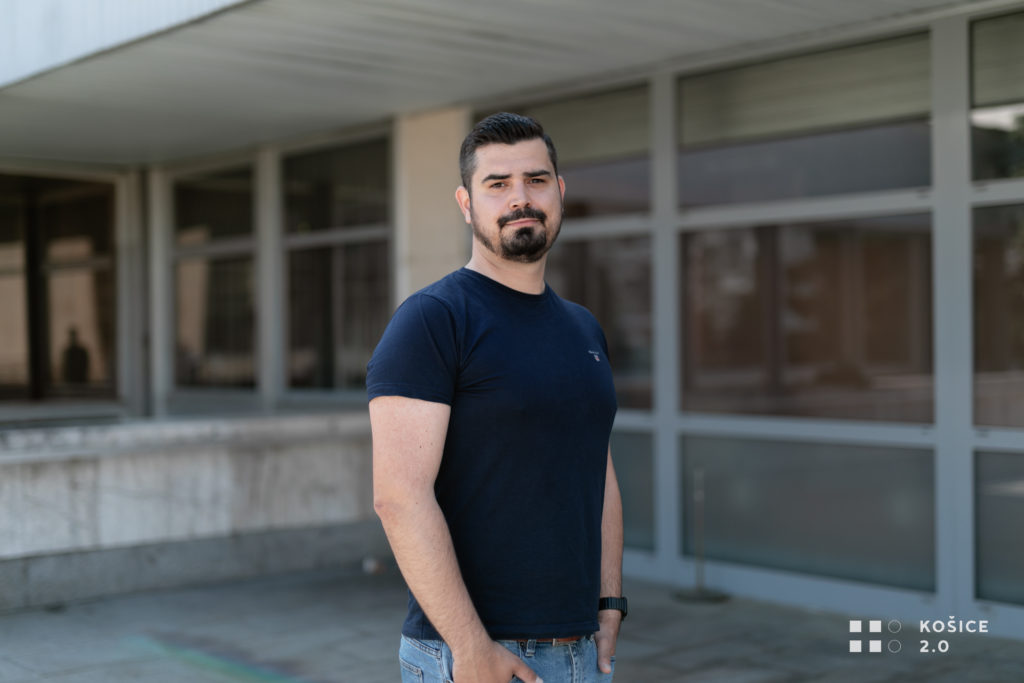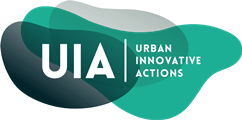Support for the business thinking should start in primary schools, says the Innovation & Economic Development Officer at the City of Košice
Martin Mudrák is the Innovation & Economic Development Officer at the City of Košice. His role is to support new and existing investments and innovative businesses in the city. As part of the second year of Challenger Urban:Creative, he attended meetings with the finalists of the acceleration program, who are bringing innovations to Košice with the potential to improve the quality of life in the city. Among other things, you will learn in the interview why cooperation with companies is crucial for the city and what it does to make it run as smoothly as possible.
L.G.: In which areas is Košice most successful?
M.M.: When we look at the most successful startups and spinoffs in Košice, which are currently “conquering the world,” they come from different areas. The three most exposed are biotechnology, e-commerce, and holographic communication. They don’t have much in common on the outside, but they prove that Košice can produce or provide a home to quality talent and be a city of export of world ideas. On the other hand, few such ideas turn into innovative businesses, whether successful or not. As a city, we must work hard on this.
L.G.: Where does the city see the greatest potential for cooperation, e.g., with innovative companies?
M.M.: Cooperation by the companies is critical for developing any innovative potential of the city. They, together with the academic sector, are the engine of innovation. The role of the public sector, also as local government, is to create an environment in which innovation prospers, is suitable for business, and creates a magnetic pull for talent. A healthy Košice economy needs diversity and, except for foreign investments, a stable increase of local small and medium innovative entrepreneurs, too.
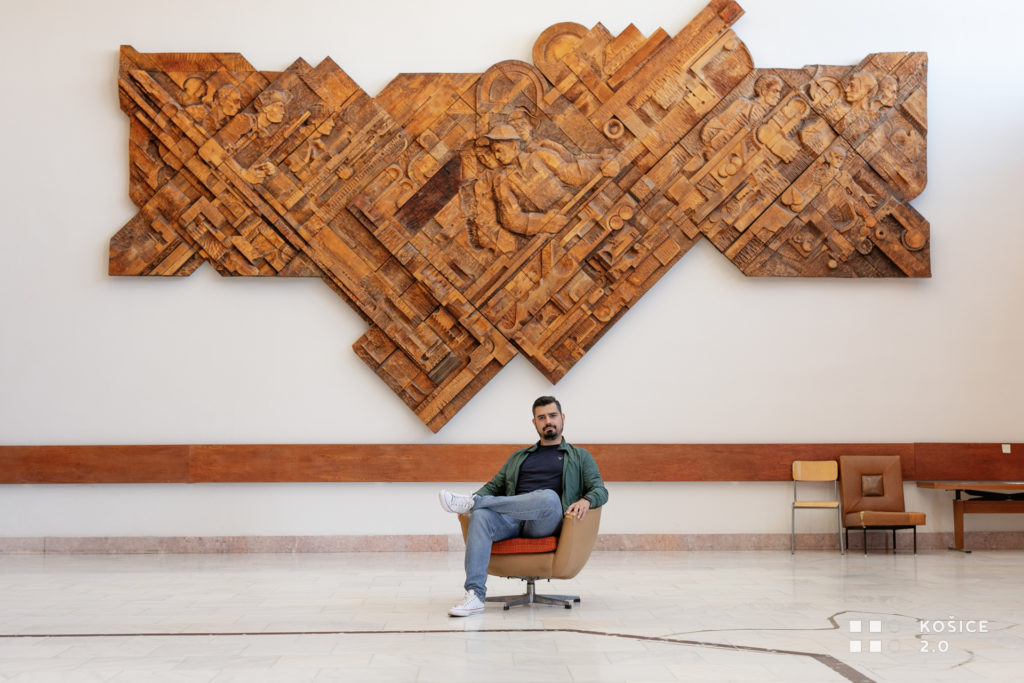
L.G.: The 2nd year of the Challenger Urban:Creative acceleration program is currently ongoing, in which 12 finalists are competing for the opportunity to pilot their innovation with the city. What is the benefit of such cooperation, and how can the city benefit from it?
M.M.: Challenger Urban:Creative focuses on innovative products and services that can contribute to the city’s development. This year brought extremely interesting finalists and high-quality solutions from all over the world. For example, it is not excluded that in a few months we will see an autonomous sprinkler of city greener at the Hlavná street, in the city park, a “smart” box will lend us a ball and other sports equipment, or the Transport Company of the of Košice will test the new line using cloud simulation software.
L.G.: Is further cooperation possible for non-winning startups?
M.M.: There is definitely no shortage of quality solutions brought by this year’s accelerator, which can improve the quality of life of the citizens of Košice. We can certainly imagine the cooperation with more finalists – as long as their solutions can help the city move forward.
L.G.: How are the meetings with the startups during the acceleration program going?
M.M.: Together with startups, we are looking for a win-win cooperation model. That means that in addition to the goal of helping the city and improving the life in it, we are trying to help finalists with their products and move a business model forward. As the participants are also from abroad, in this phase, the meetings take place exclusively digitally and provide the space for consultations with mentors, experts with years of experience in local government management, in the managing of city companies, contributory organizations, and so on.
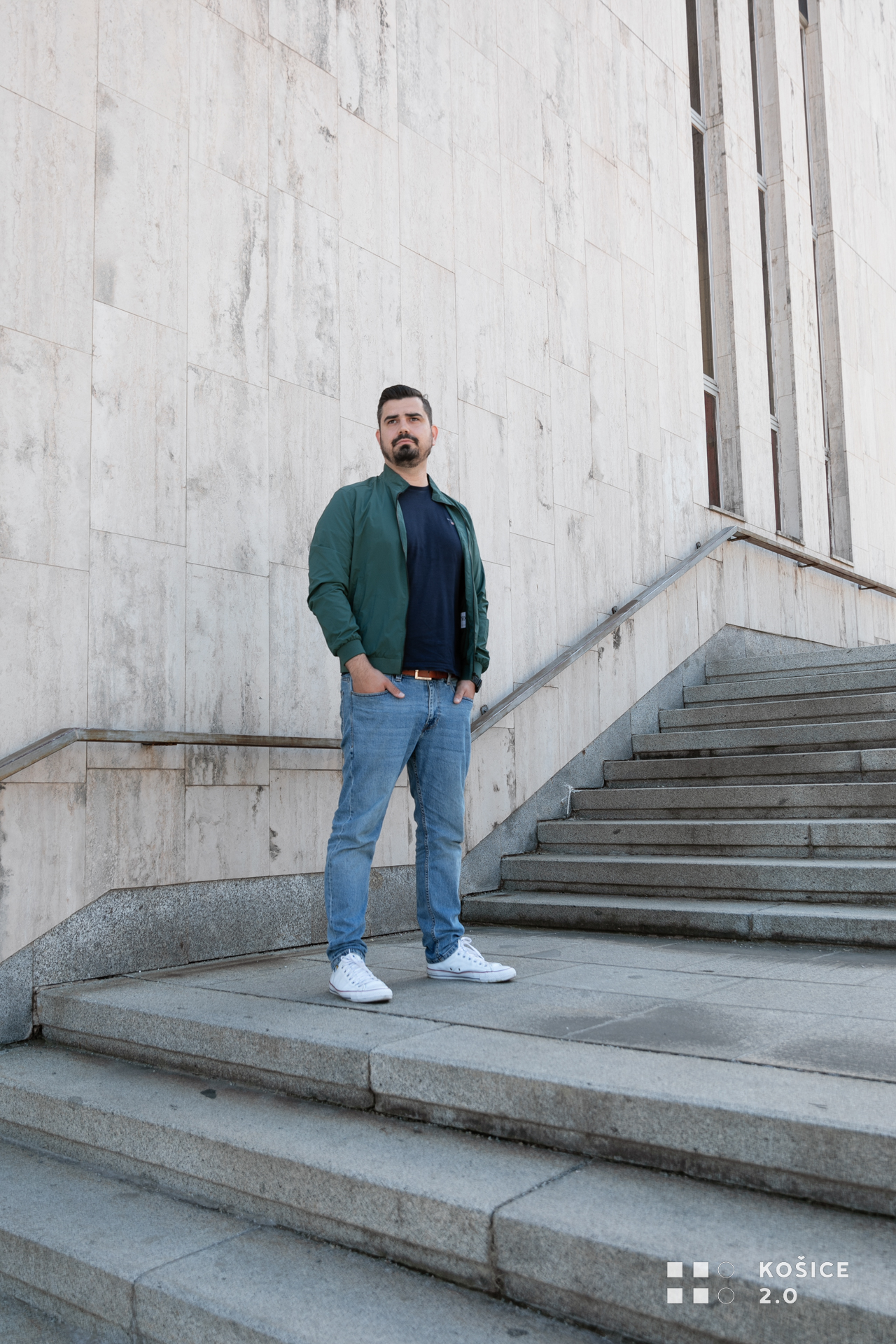
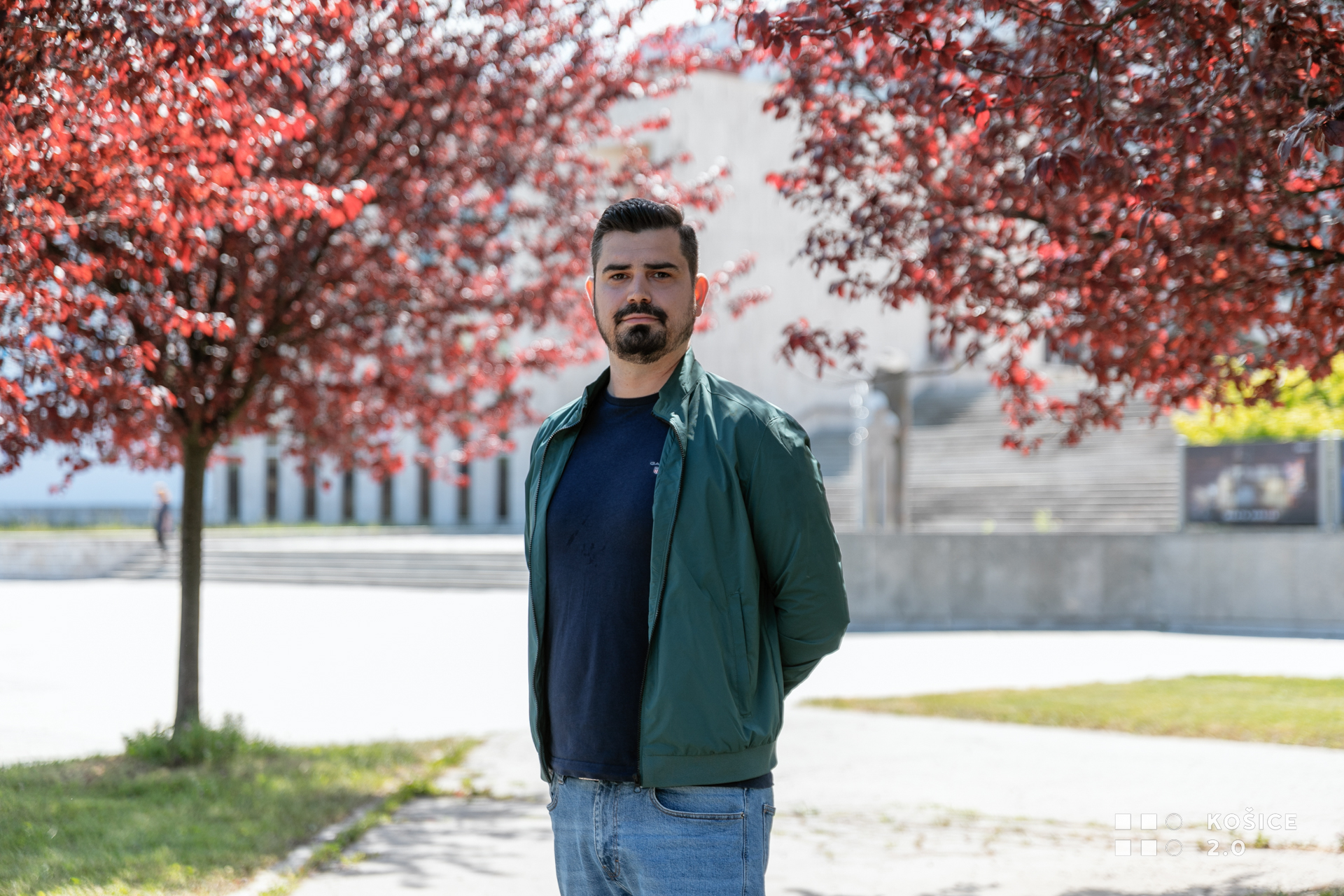
L.G.: How is the cooperation with last year’s program winner, the e-Zelené mesto startup, going?
M.M.: The solution of the CEELABS Company, which enables the real-time energy audit, was successfully implemented in the new Košice football arena.
Based on this collaboration, the arena, and therefore the city itself, save considerable funds and manage public finances more efficiently.
L.G.: What would you like to advise people who have a good solution for the city of Košice and would like to collaborate with it?
M.M.: To contact us and don’t worry to present their solution and turn it into a business plan.
L.G.: What is the city doing to facilitate such cooperation?
M.M.: We collaborate with quality incubators; as the city, we engage in a number of hackathons and ideathons, including several of our own. We can combine good ideas with financing sources and support for the start of their business or the realization of an exceptional concept.
The city is able to provide its infrastructure to verify the business model but also the functionality of the solution itself.
Martin Mudrák, The city of Košice
L.G.: As the Innovation & Economic Development Officer at the City of Košice, what would you like to achieve?
M.M.: Košice should be a city where people dare to do business with a good idea, and the local government will create favorable conditions for them. Today, we lack mainly good working, unified innovation ecosystem and the support of the business thinking, which should start in primary schools. Young people do not see business as enough attractive career alternative. As a nation, we are chronically afraid of failure and personal failure, although, in successful innovation economies, the failure that we can learn from is perceived as a rare commodity.
L.G.: How do you perceive the Košice 2.0 project in the context of the city’s activities or your agenda?
M.M.: I look at the Košice 2.0 project as the first consolidated and systemic effort of the city of Košice for its innovative development. It is a unique project that gives citizens the space to look at the city as an experimental platform, where they can apply their ideas and, at the same time, help it solve real challenges.
Positive examples from abroad also show us how important it is for the local government to grasp data policy correctly and open it to citizens. Open data can help local governments be more transparent and make decisions based on relevant information. They can also be one of the key impulses for creating demand for new services.
Of course, Košice faces challenges, but they also provide us with opportunities for new solutions.
Martin Mudrák, The city of Košice
